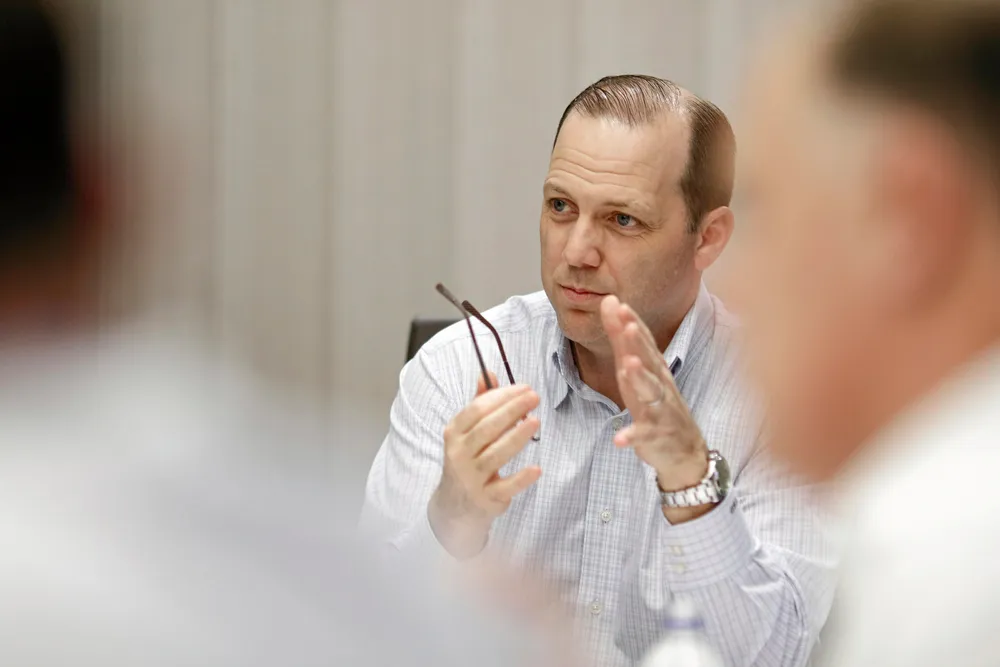Risk and courage: How Talos Energy got carbon capture train rolling
Chief executive Tim Duncan sees promise in CCS as a service on industrialised US Gulf Coast

Chief executive Tim Duncan sees promise in CCS as a service on industrialised US Gulf Coast
